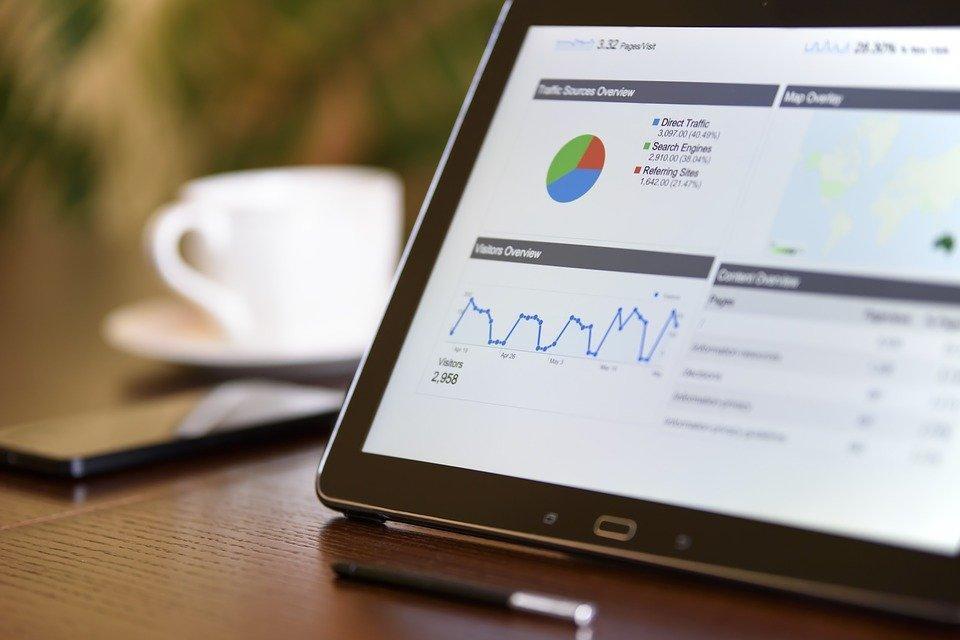Just a few years ago, artificial intelligence seemed like something that could only exist within a science fiction novel. Today, many aspects of our everyday lives are under the influence of AI—and we may not even know it. From the northern hemisphere to the southern, artificial intelligence has affected just about every point on the globe.
The prevalence of artificial intelligence means that significant shifts are occurring in nearly every sector of the economy, every industry, and every field of work. Each day, there’s an AI version of an application or machine that threatens the non-AI versions that currently exist. Slowly but surely, artificial intelligence is taking the upper hand. Marketing is no exception.
Seriously – nearly 80 percent of marketers predict that artificial intelligence will completely revolutionize marketing in 2020, according to a survey conducted by Demandbase. Well, 2020 is here and now, so if you have not caught up on how AI impacts your line of work, it’s time to get moving.
One of the significant areas where analysts predict AI will revolutionize digital marketing is in the eCommerce space, specifically within conversion rate optimization, or CRO.
At first, with CRO, marketers relied heavily on split testing to convert website visitors into paying customers. Sure, that strategy might still offer some success today. However, AI-based software is developing rapidly. These AI tools are beginning to integrate into the marketing industry, and CRO specialists need to get on board if they want to succeed with these new changes.
Below, we’re taking an in-depth look at how AI will change CRO service providers as we know it. If this is your niche, buckle up and pay attention. You don’t want to miss this.
The AI Basics
Artificial intelligence currently comprises four main categories: speech recognition, planning, machine learning, and problem-solving.
Currently, major corporations are tapping into all of these areas to sharpen their competitive edge. For example, can you guess who—or what—built Spotify’s customized playlist selections? AI. By using artificial intelligence, companies can train machines to learn and think independently, thus improving and simplifying processes while taking data mining to the next level.

Where AI Comes in for CRO
Conversion rate optimization is not a simple process by any means. It involves tons of processing, ideation, data analysis, and reworking, and all these processes go into one simple A/B test. It’s with this multi-layered process that AI comes into play.
Artificial intelligence can handle all the tedious aspects of the A/B test. It can run tests automatically while you and your marketing team focus on more big-picture CRO and eCommerce strategies.
AI’s Impact on CRO
AI’s incredible machine learning capabilities are paving the way for marketing specialists to get higher-quality data to perfect their conversion rate optimization. But that’s not the only way AI can help CRO. Other benefits and impacts include:
Personalization
Artificial intelligence can capture an unbelievable trove of rich data about individuals online. This information would be too much for a human to process and analyze fast enough for it to be useful. The AI machines, however, can take that data they’ve found and use it to personalize a user’s experience based on their behavior.
AI can handle these tasks with a level of accuracy that most humans would find impossible. This precision makes A/B testing and multivariate testing a breeze because smart machines can handle the tedious manual work.
Eventually, we will reach the day when AI will immediately adjust an online user’s experience based on their behavior for every online moment.
Efficiency
A/B testing is crucial to a successful digital marketing strategy. However, it’s no understatement to say that it’s one of the most time-consuming aspects of marketing.
Typically, human marketers have to dive into and sort through months’ worth of data to identify what might be holding back one user from clicking “buy.” But when you leave this work to brilliant AI machines, the data mining that would take a person days can take just seconds.
The rate of analysis means your marketing team will be able to respond to information in real-time rather than trying to play catch-up with their leads.
Decision-Making
Making thoughtful, data-based decisions as a marketer can be extremely high-pressure. With so much data to sort through and the human tendency to second guess, these decisions are not often quick ones. The delay means money.
If marketers can’t process data fast enough, they are missing out on tons of leads that are slipping through their fingers. Luckily, intelligent machines don’t have those human downfalls.
AI can analyze vast silos of data and make quick, accurate decisions. The rapid decision-making can support your marketing efforts without too much effort on your part.

CRO and AI: A Match Made in Heaven?
With so many benefits AI can bring to the CRO table, are these two a match made in heaven?
Honestly, the answer depends on how best you and your marketing team function. However, from an objective industry standpoint—yes.
AI takes a load of weight off the marketer’s shoulders and frees up their time to focus on other things, such as acquisition and retention.
AI and CRO in the Future
AI is still a relatively new concept that’s on its way towards the mainstream. People have a lot to say about artificial intelligence—some good, some not so good. Many people see AI machines as out to steal their jobs or tap into personal data. What it’s really doing is finding ways to make life easier for us humans. AI can simplify, streamline, and organize our lives and work. Why would we ever want to keep it from doing just that?
Regardless of what anyone thinks, it’s here to stay. AI will surely integrate itself into CRO because of the countless benefits it offers. Your best bet is to hop on the train now and get ahead of the curve while you can. Because sooner or later, AI will become a necessary aspect of being a modern-day marketing professional.